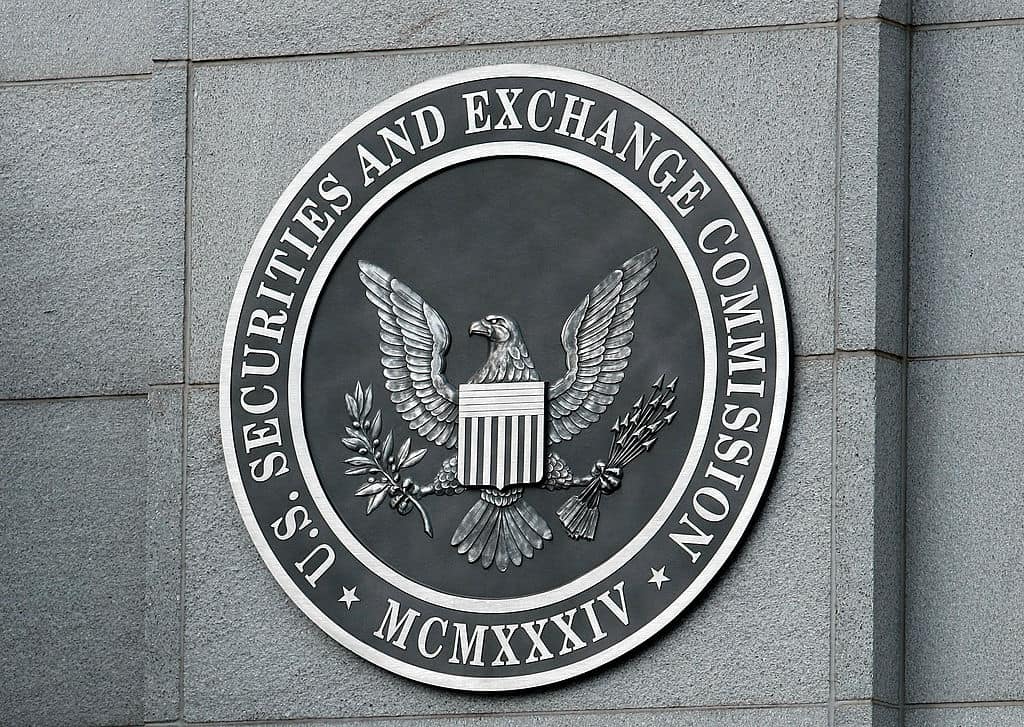NAM to House: Action Is Needed to Reform the Proxy Process

The politicization of the proxy process has harmed manufacturers and must be addressed, the NAM told the House Committee on Financial Services on Tuesday.
What’s going on: “When manufacturers offer their shares to the public, it allows everyday Americans to participate in the industry’s success, largely through passive investments like mutual funds, pension plans and 401(k) accounts,” the NAM told lawmakers before a Wednesday hearing.
- But in recent years, shareholder activists, with the support of proxy advisors, have increasingly hijacked the proxy ballot process to advance political and social agendas that have little to do with a company’s business.
- These activist proposals force publicly traded manufacturers to take positions on contentious political issues and drive up costs for companies and other investors. Each shareholder proposal “can impose direct costs in excess of $150,000,” the NAM noted.
More problems: Proxy advisory firms, which provide institutional investors with research and voting recommendations, are not subject to any meaningful oversight by the Securities and Exchange Commission.
- What’s more, two firms—Institutional Shareholder Services and Glass Lewis—control 97% of the U.S. proxy advice market and frequently have “significant conflicts of interest” when issuing their voting recommendations, the NAM said.
- Further, these firms’ proxy research reports often include errors and misleading statements.
The background: Following years of NAM advocacy, the SEC finalized a rule in July 2020 to rein in proxy firms and require them to notify their clients if companies had responses to their research reports.
- But the following year, after a change in presidential administrations, the SEC refused to enforce that rule and then gutted most of the reforms in the 2020 rule.
- This past July, the U.S. Court of Appeals for the D.C. Circuit ruled in a lawsuit brought by ISS that the SEC lacks the authority to regulate proxy advice.
What now? “Following the D.C. Circuit’s decision, it has become even more imperative for Congress to act to pass legislation that reaffirms the SEC’s authority to regulate proxy advice under the Exchange Act,” the NAM said.
- The NAM urged lawmakers to support SEC rulemaking that prohibits proxy firms from offering consulting services tainted by conflicts of interest and provide all American public companies covered by their research “with a reasonable opportunity” to review their draft reports.
- The NAM also encouraged lawmakers to support rulemaking to modernize Rule 14a-8 by increasing the outdated $2,000 ownership requirement, updating the resubmission thresholds to exclude proposals rejected by investors and allowing companies to exclude activist proposals that raise environmental, social and political topics that are not material.
The final say: The NAM thanked Chairman French Hill (R-AR) for holding the hearing on shareholder proposals and proxy firms. “We agree that the proxy process has been increasingly co-opted by activist investors who are pushing narrow political, social or personal agendas that harm manufacturers and Main Street investors,” the NAM posted on X on Wednesday.
